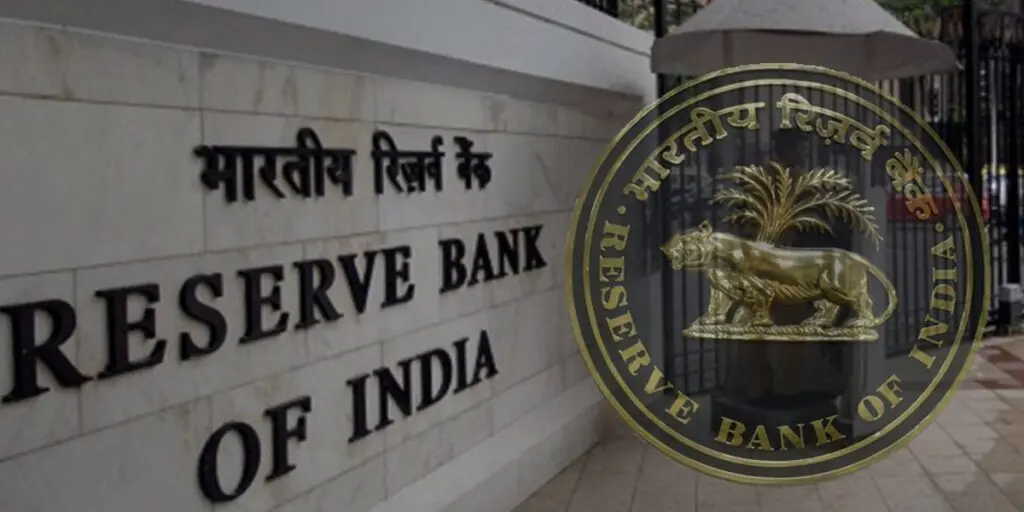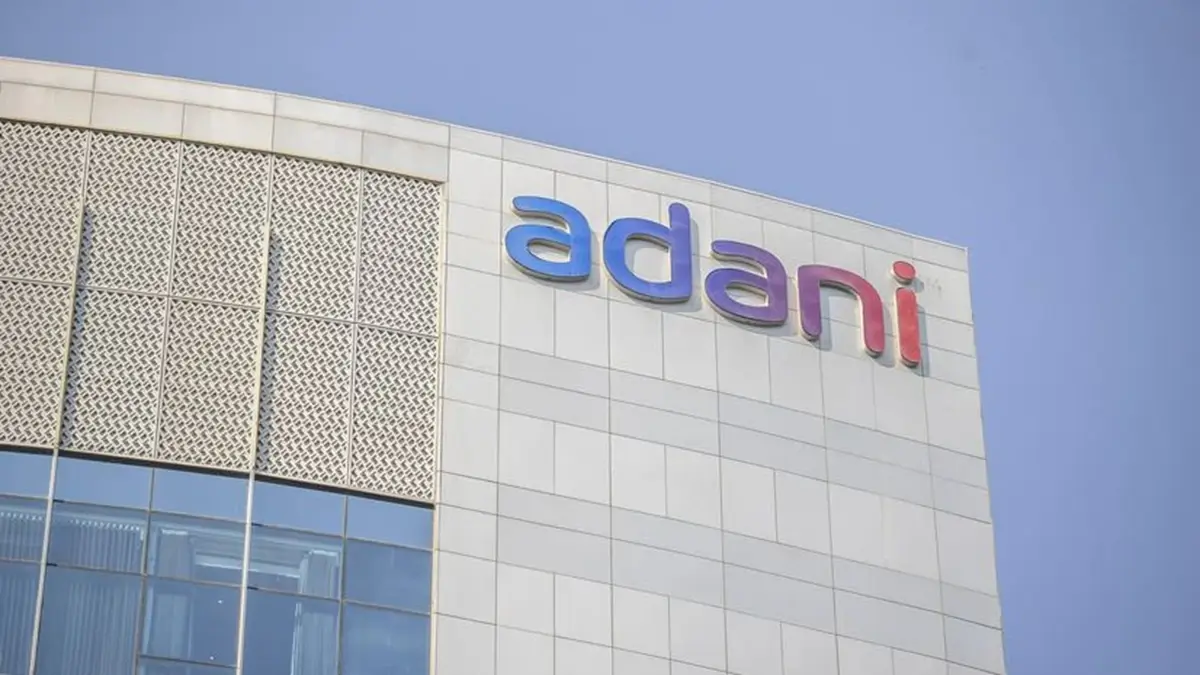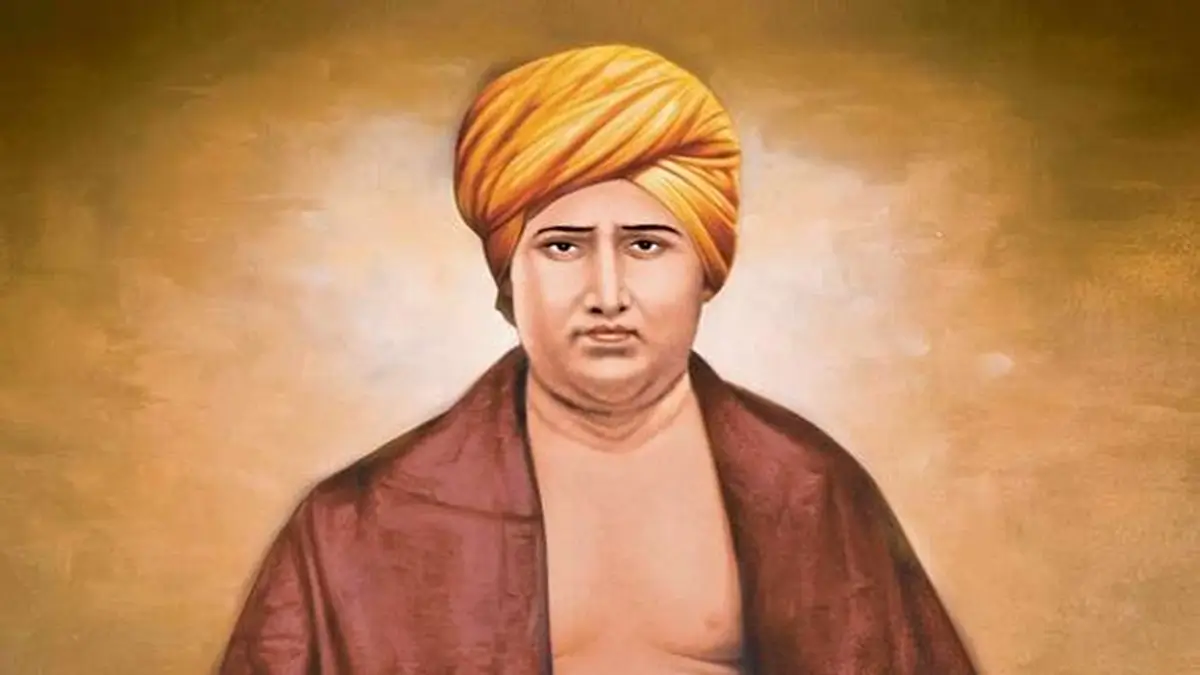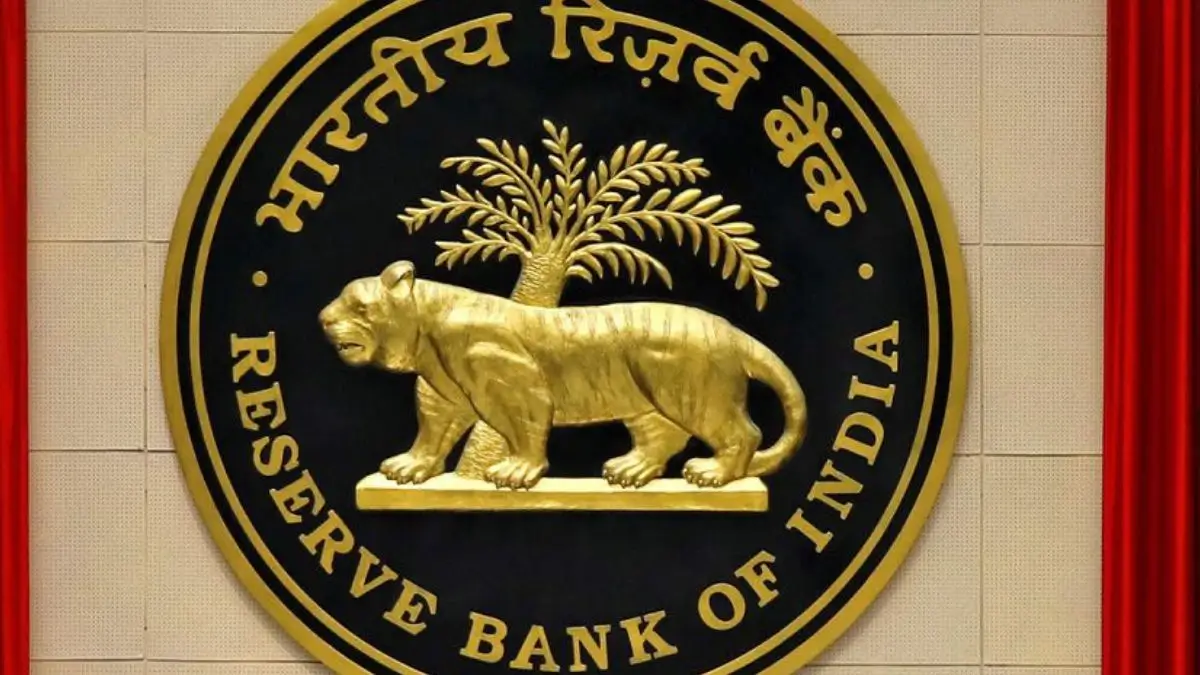Enhancing KYC for Traceability: MEITY’s Urgent Appeal to RBI
In a significant move towards bolstering cybersecurity and ensuring transparency in financial transactions, the Ministry of Electronics and Information Technology (MEITY) has recently approached the Reserve Bank of India (RBI) with a pressing request. The ministry has urged the RBI to develop a more comprehensive Know Your Customer (KYC) framework to facilitate better traceability. This development carries immense importance, especially for aspirants preparing for various government exams, including those for teachers, police officers, banking professionals, railway personnel, defense personnel, and civil service positions like PSCS to IAS.

Why this News is Important:
The Need for Enhanced KYC: The primary motivation behind this appeal is the need for a robust KYC system in the digital age. With the increasing reliance on online and mobile banking, there has been a surge in cybercrimes and financial frauds. A more detailed KYC process can serve as a strong deterrent against such activities.
Strengthening National Security: An improved KYC system can significantly contribute to strengthening national security. By enhancing traceability, it becomes easier to identify and track individuals involved in illicit financial activities, which can be critical in maintaining law and order.
Historical Context:
The concept of KYC is not new in India. The Reserve Bank of India introduced KYC guidelines in 2002 as a preventive measure against financial crimes and money laundering. Since then, there have been several updates and modifications to the KYC norms to align them with technological advancements and the changing financial landscape.
The advent of Aadhar, India’s biometric identity system, also played a pivotal role in shaping the KYC landscape. It simplified the KYC process by linking it to a unique identification number, making it easier for individuals to open bank accounts and perform various financial transactions.
Key Takeaways from MEITY’s Appeal to RBI:
| Serial Number | Key Takeaway |
|---|---|
| 1. | Enhanced KYC is crucial for combating cybercrimes and fraud in the digital age. |
| 2. | The appeal is aimed at strengthening national security by enabling better traceability. |
| 3. | It aligns with the government’s Digital India initiative, promoting trust in online financial transactions. |
| 4. | KYC norms in India have evolved since 2002, adapting to technological advancements. |
| 5. | The Aadhar system simplified KYC by linking it to a unique identification number |
Important FAQs for Students from this News
Q: What is KYC, and why is it important in the financial sector?
A: KYC stands for Know Your Customer, and it’s a process used by banks and financial institutions to verify the identity of their customers. It’s important to prevent financial fraud and money laundering.
Q: How does an enhanced KYC system contribute to national security?
A: Enhanced KYC enables better traceability, making it easier to identify individuals involved in illicit financial activities, which is vital for maintaining law and order.
Q: What is the historical context of KYC in India?
A: KYC guidelines were introduced by the Reserve Bank of India in 2002 as a preventive measure against financial crimes. These norms have evolved over the years, adapting to technological advancements.
Q: How does Aadhar relate to KYC in India?
A: Aadhar simplified the KYC process by linking it to a unique identification number, making it easier for individuals to open bank accounts and perform various financial transactions.
Some Important Current Affairs Links

















